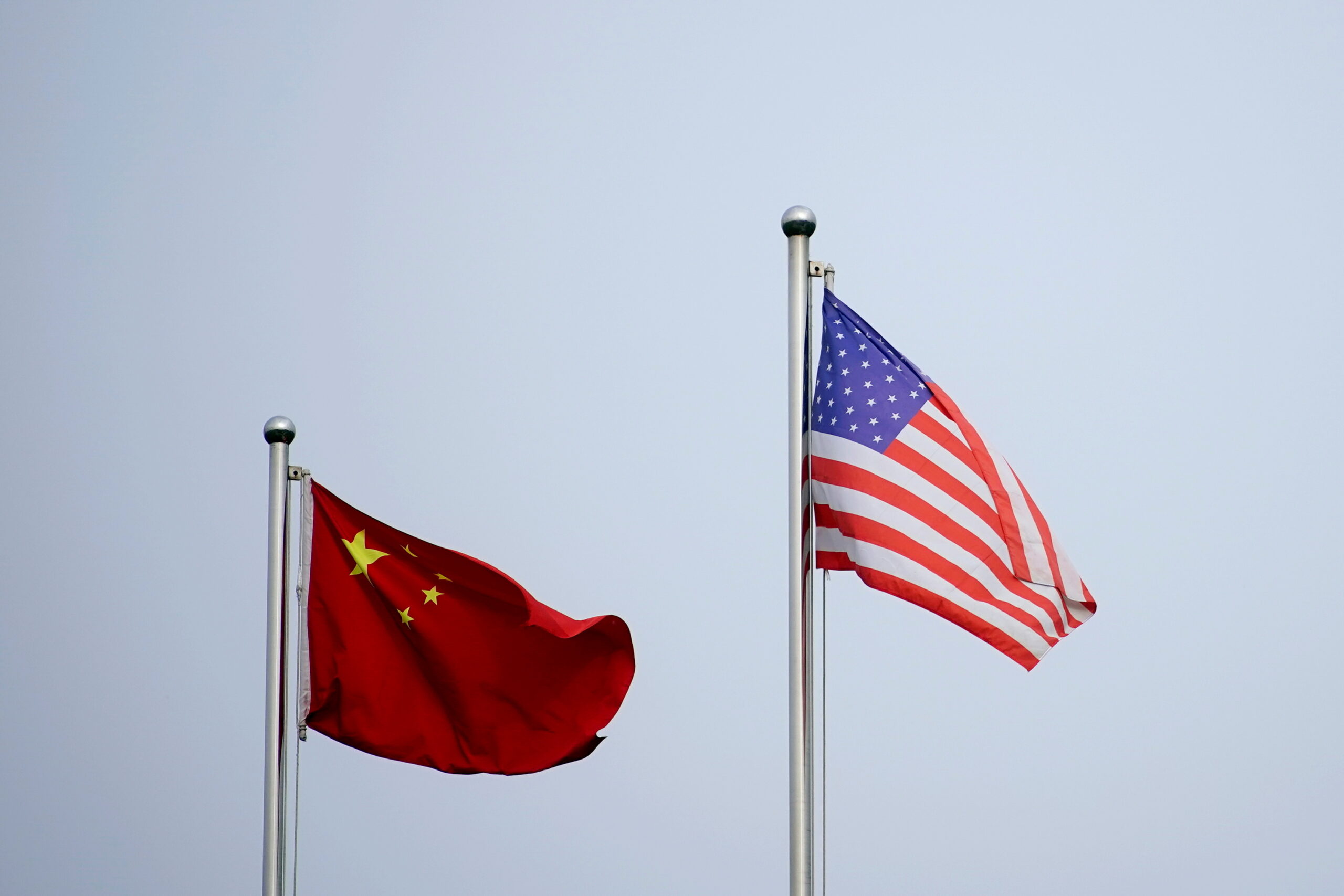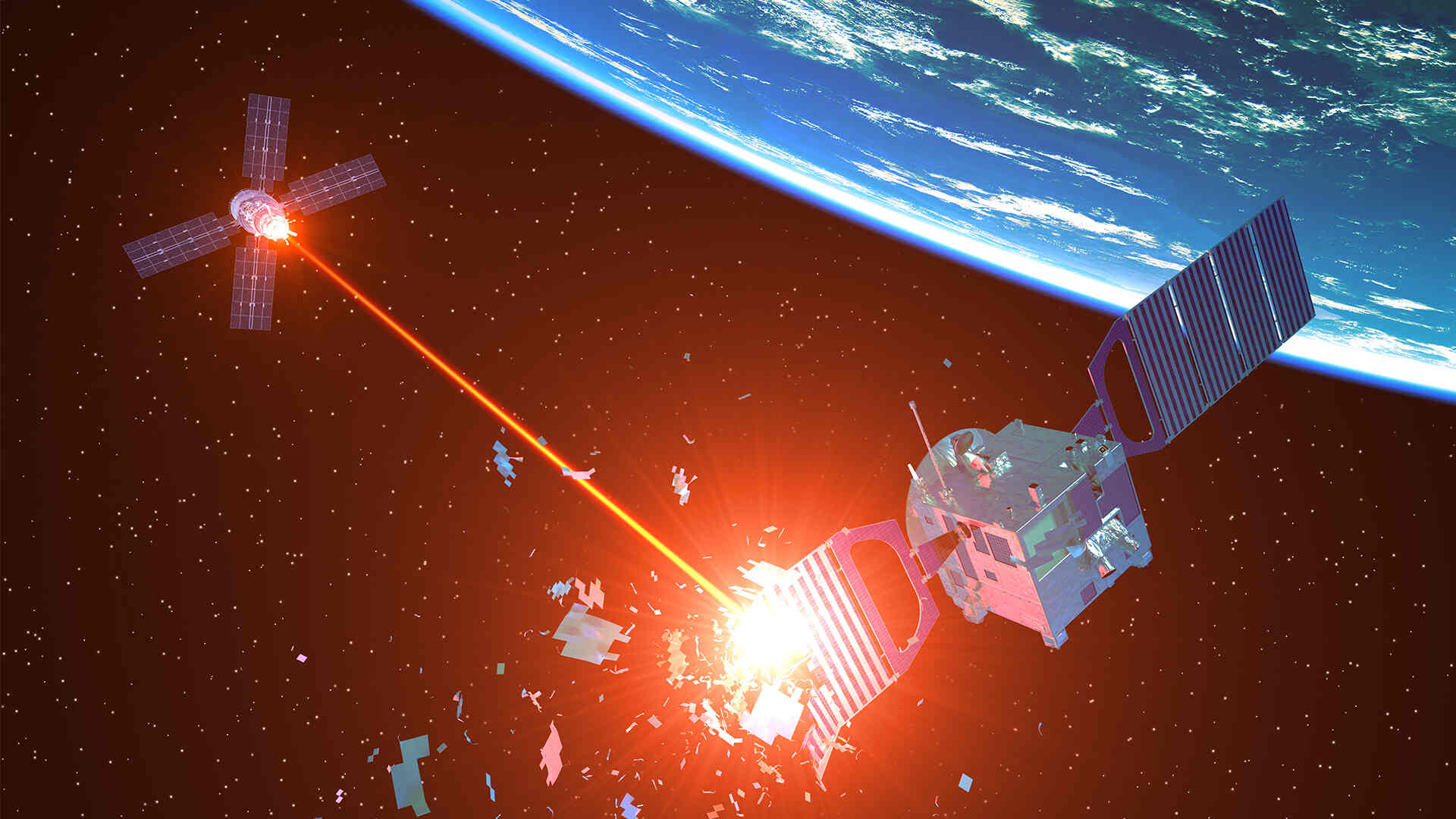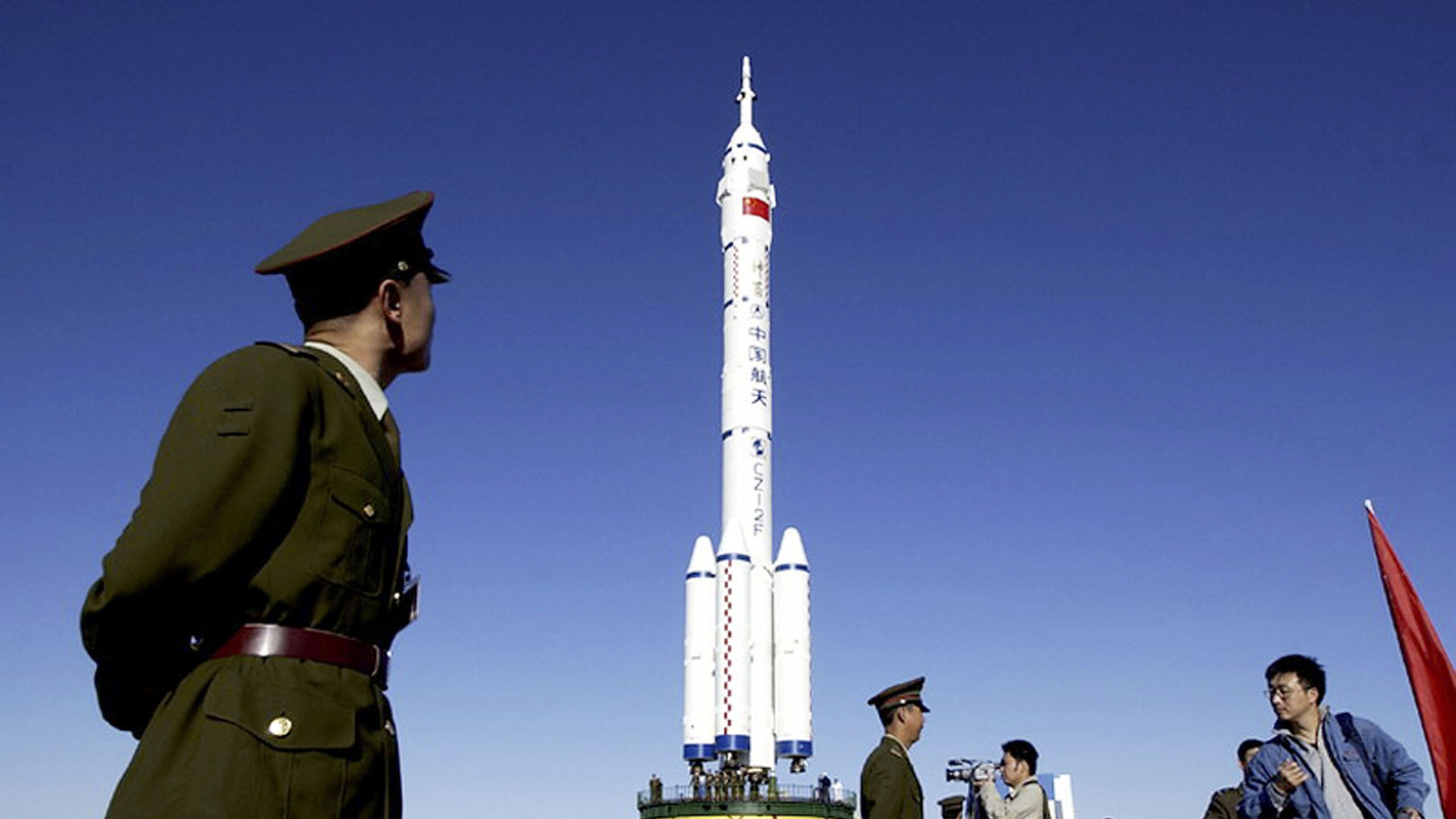In an era where the final frontier seems closer than ever, the United States and China find themselves at a pivotal crossroads, competing for dominance not just on Earth but beyond its atmospheric boundaries. This growing rivalry, marked by rapid technological advancements and strategic deployments, underscores a broader narrative of geopolitical tension and the quest for supremacy in outer space.
The Warning Bell Tolls: General Whiting’s Senate Address
In a recent and compelling testimony before the United States Senate Armed Services Committee, General Stephen Whiting, the head of US Space Command, laid bare the extent of China’s ambitions in space, describing their progress as “breathtaking.”
Whiting’s remarks did more than just highlight the advancements; they served as a clarion call for the United States to bolster its defenses and strategic capabilities in space.

China’s ambitious blueprint for the near future, which includes plans to launch 100 rockets and deploy 300 spacecraft by 2024, was spotlighted as a testament to its burgeoning space capabilities.
This ambitious endeavor not only signifies China’s commitment to becoming a leading global military power but also poses a direct challenge to the United States dominance in the extraterrestrial arena.
China’s Defense Ministry Responds
In a narrative twist, China’s defense ministry has countered these claims, labeling them as pretexts for the United States to justify its military expansions. Ministry spokesman Zhang Xiaogang urged the US to shed its “cold-war zero-sum mentality” in favor of fostering peaceful cooperation in space.
This response, as reported by the South China Morning Post, adds layers of complexity to the unfolding space drama, suggesting a clash of perspectives that extends beyond mere technological rivalry.

The United States Call to Arms: Upgrading Space Capabilities
The United States’ dependency on space assets for intelligence, communication, and early warnings has never been more pronounced. With China’s rapid advancements threatening American interests, General Whiting’s call for enhanced space capabilities and capacities echoes across the strategic landscape.
This urgency is further compounded by General Anthony Cotton’s observations on China’s nuclear ambitions, indicating a significant escalation in the arms race that could reshape global security dynamics.
US General sounds alarm over China's rapid space progress.https://t.co/NjAxBAeZyw
— Tech Times (@TechTimes_News) March 3, 2024
Strengthening Alliances and the Quest for Norms
In response to the challenges posed by China’s space program, the United States Space Force is taking proactive steps to deepen cooperation with allies, notably Japan. This strategic alignment aims to deter potential threats and underscores the importance of collaborative security efforts in maintaining regional and global stability.
There have been calls for the establishment of rules of responsible behavior in space as a result of the rhetoric surrounding the militarization of space and the potential for conflict escalation of the situation.
The path to consensus, on the other hand, is laden with complexity, as there are ongoing differences regarding what constitutes offensive capability and how to enforce international rules.

Navigating the New Frontier
As the United States and China continue to navigate the contentious waters of space dominance, the implications of their rivalry extend far beyond the immediate concerns of military strategy and national security. The quest for supremacy in space is emblematic of a larger struggle for technological, economic, and geopolitical advantage in the 21st century.
The unfolding space saga, punctuated by breathtaking advancements, strategic deployments, and diplomatic overtures, captures the essence of a new frontier in international relations. As both nations vie for dominance in this celestial domain, the world watches with bated breath, pondering the future of space exploration and its impact on humanity’s shared destiny.


